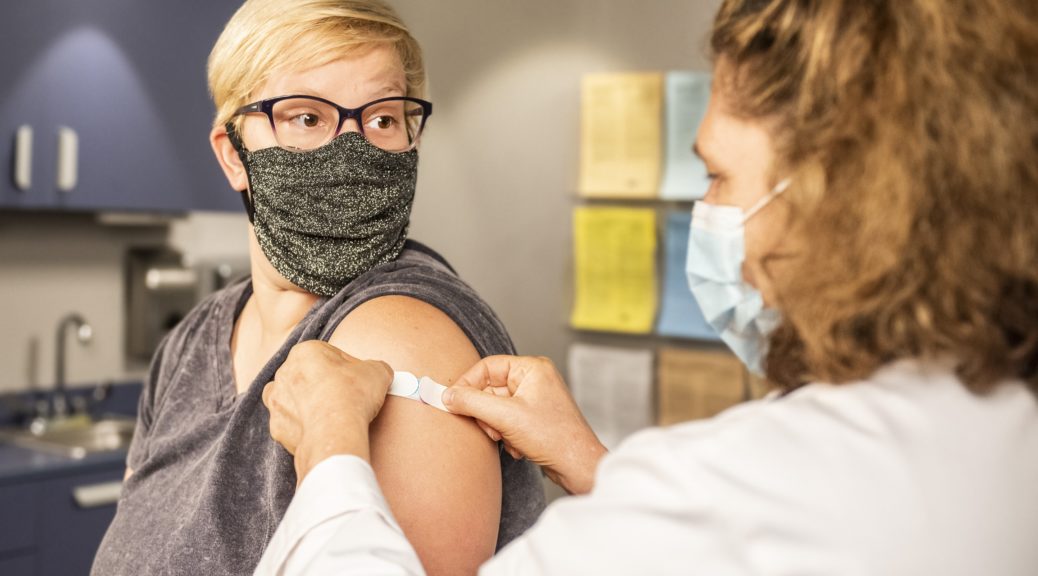
Neutralizing COVID with human milk
A scientific study assessing the ability of human milk from Covid-19 vaccinated mothers to neutralize the SARS-CoV-2 virus has been published this month. The article is entitled ‘Neutralizing Antibodies and Cytokines in Breast Milk after Coronavirus Disease 2019 (COVID-19) mRNA vaccination’ and has been published in the journal Obstetrics & Gynecology (1).
We consider this study to be extremely interesting because it goes beyond studying the presence of IgG or IgA immunoglobulins in milk after vaccination, as has been done so far. Its main objective is to verify if indeed the presence of these immunoglobulins in breast milk can neutralize and inhibit the virus.
Although the sample size is small, with only 30 women participating in the study, the study is very comprehensive and multiple analyses have been performed to show the ability of milk to inhibit the virus.
The authors collected samples of breast milk before vaccination and three weeks after the first and second doses of mRNA vaccines. They also collected blood samples from the mother and stool samples from the infant three weeks after the two doses.
On one hand, they analyzed the levels of immunoglobulins in breast milk, their ability to neutralize virus strains D614G, B.1.1.7 (Alpha), B.1.351 (Beta) and P.1 (Gamma) and levels of certain cytokines. On the other hand, they measured the levels of immunoglobulins against Covid-19 in maternal blood and infant stool samples.
The main results of the study are as follows:
- Breast milk from vaccinated women contained elevated levels of antibodies against the receptor-binding domain (RBD).
- The levels of immunoglobulin IgG against Covid-19 in human milk increased after the first and second doses and remained high throughout the following points. IgG was also detected in blood samples from the women.
- Immunoglobulin IgA was only detected in half of the milk samples and did not increase after the second dose.
- Human breast milk collected three weeks after the second dose was able to inhibit the binding of ACE2 to SARS-CoV-2 Spike proteins and to all four variants of the virus studied. However, inhibition of the Beta variant was more limited.
- No relationship has been found between the stage of lactation (age of the infant), IgG, IgA levels and virus inhibitory capacity.
- Levels of total IgG and total IgA were detected in stool samples of infants after the second dose of vaccine. This fact demonstrates that breastfed infants benefit from immunization conferred by their vaccinated mothers.
- Interferon gamma (IFN-Ɣ) levels increased significantly after the first and second doses in breast milk.
As an overall conclusion, this study demonstrates that antibodies in human milk could neutralize SARS-CoV-2 infection in children breastfed by mothers who have received an mRNA-type vaccine.
References: